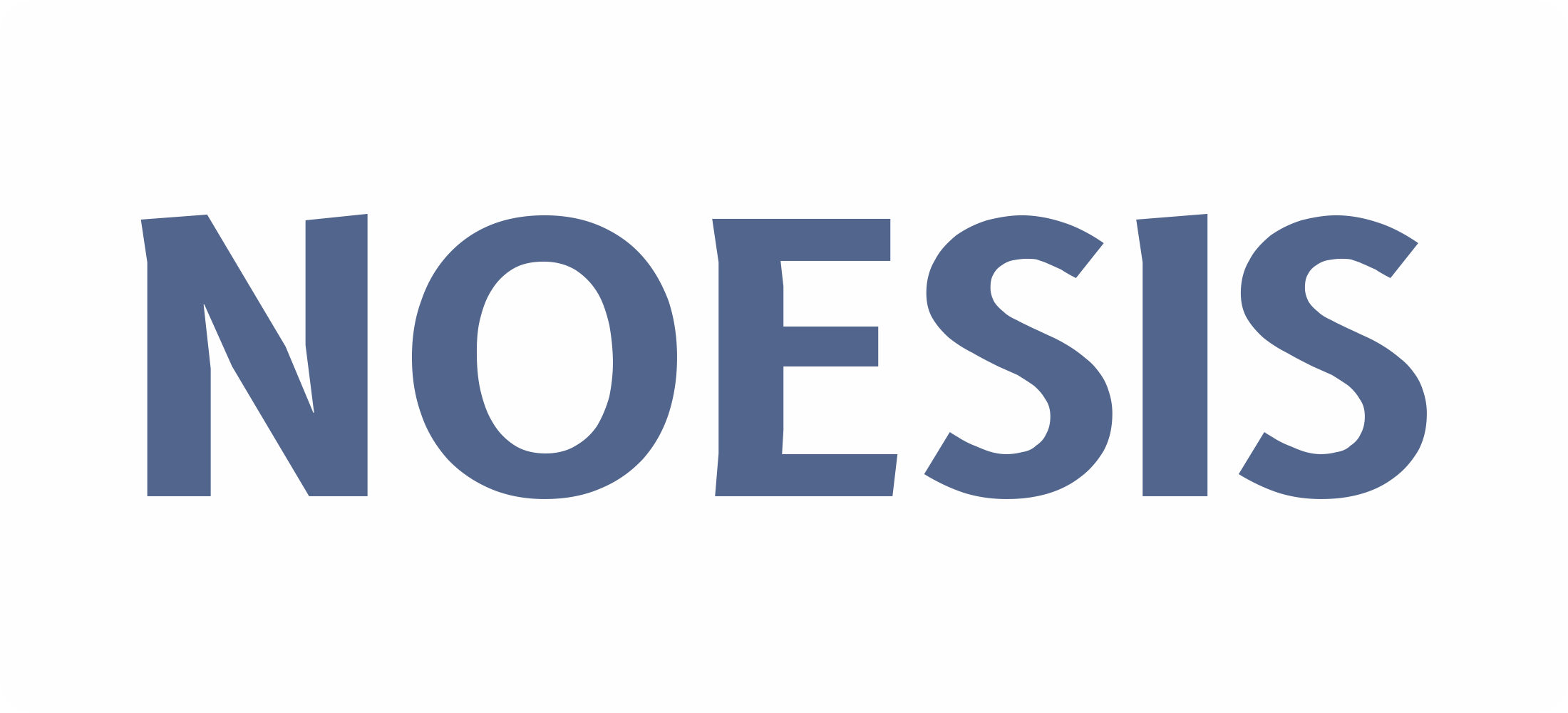Thinking about Thinking
As an educator, one of the key ideas that I explore is *thinking*. One of the goals to start Noesis, my philosophy class at The Northstar School, was to learn and teach the process of thinking with students and educators. I used to say that learning the *process of thinking* is an extremely important skill. I still believe that. My primary influence in this regard has been John Dewey. In his book How We Think, he writes:
We may recapitulate by saying that the origin of thinking is some perplexity, confusion, or doubt. Thinking is not a case of spontaneous combustion; it does not occur just on "general principles." There is something specific which occasions and evokes it. General appeals to a child (or to a grown-up) to think, irrespective of the existence in his own experience of some difficulty that troubles him and disturbs his equilibrium, are as futile as advice to lift himself by his boot-straps.
How do we create the "boundary" conditions of perplexity, confusion, and doubt? We think of thinking as a natural, automatic process. As per Dewey thinking does not occur with mere exhortations to "think".
Dewey further clarifies,
Given a genuine difficulty and a reasonable amount of analogous experience to draw upon, the difference, par excellence, between good and bad thinking is found at this point. The easiest way is to accept any suggestion that seems plausible and thereby bring to an end the condition of mental uneasiness. Reflective thinking is always more or less troublesome because it involves overcoming the inertia that inclines one to accept suggestions at their face value; it involves willingness to endure a condition of mental unrest and disturbance. Reflective thinking, in short, means judgement suspended during further inquiry; and suspense is likely to be somewhat painful. As we shall see later, the most important factor in the training of good mental habits consists in acquiring the attitude of suspended conclusion...
Good thinking always follows and results in "uneasy' and "painful" experience. That is very important to understand and remember. Taking the easiest and the first suggestion that comes up seems bad thinking. Suspending conclusion until further inquiry also leads to uneasiness but is important for good thinking.
We have some inkling on what is good thinking process. However, of late I have been thinking whether just the process of thinking is enough?
Dewey, a great proponent of progressivism in education, does not talk about "what" to think.Theodore Brameld said,
Progressivism is strong in scientific method: weak in concerns for the concrete and comprehensive outcome of that method. Strong in teaching as how to think, weak in teaching as what to think for. Strong in encouraging active intelligence; weak in estimating and counteracting those forces and restrictions as block its effective operation. Strong in encouraging individual self-expression and individual action; weak in integrating these successfully, powerfully with group self-expression and group action. String in tolerance towards varying beliefs; weak in conviction to needed positive beliefs...Strong in believing that present and important and real; weak in believing that the future is equally important and real. Strong in delineating the complexities and pluralities of experience; weak in fusing these into comprehensive, appealing, purposeful designs. In short progressivism is strong in all the ways liberalism is strong; weak in all ways liberalism is weak."
The more I teach and discuss in my classes, the more I keep feeling that teaching how to think is not enough. There must be a space for talking about what to think. Neither is enough on its own. Of course the "what" part is the designed curriculum. Of late, I have seen a shift in talking about just the "how" of thinking and developing skills with less concern about the content or the object of that thinking.


